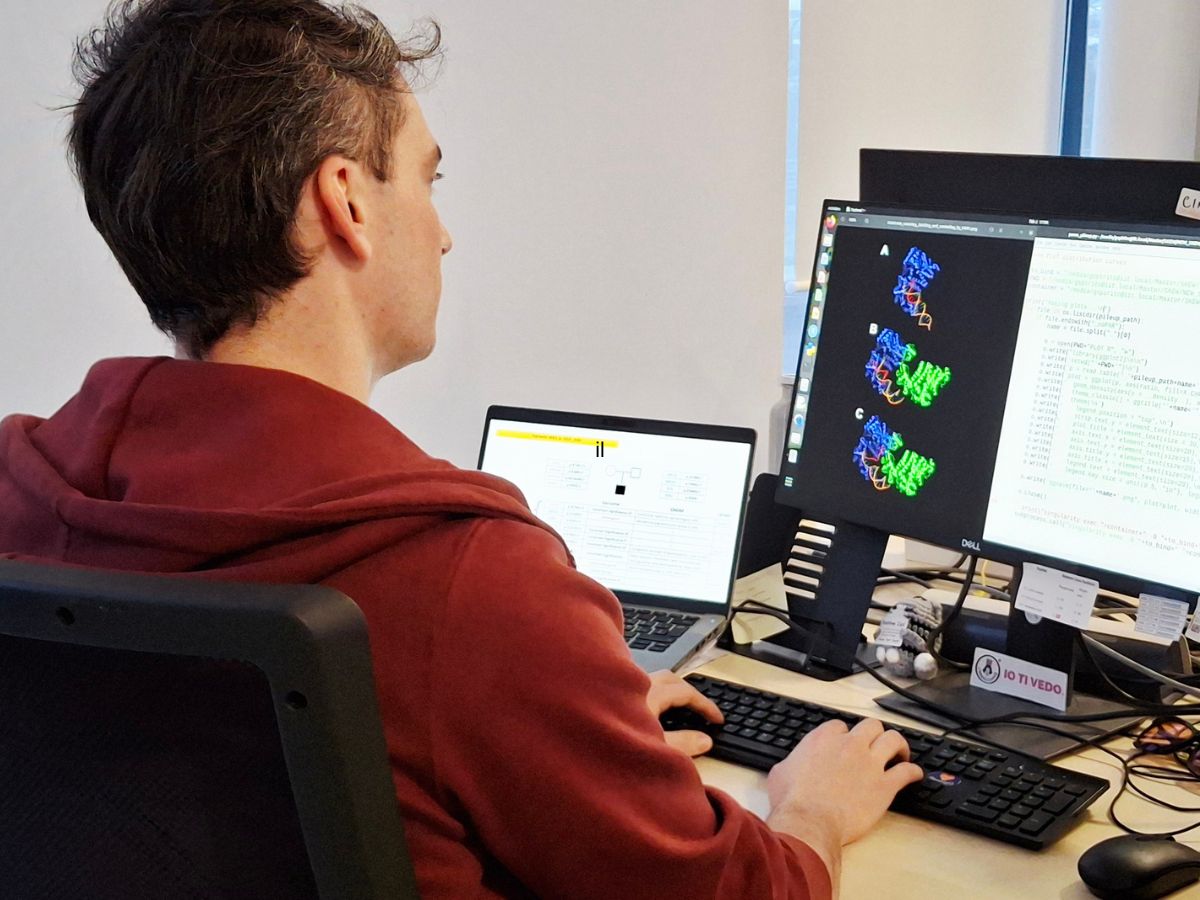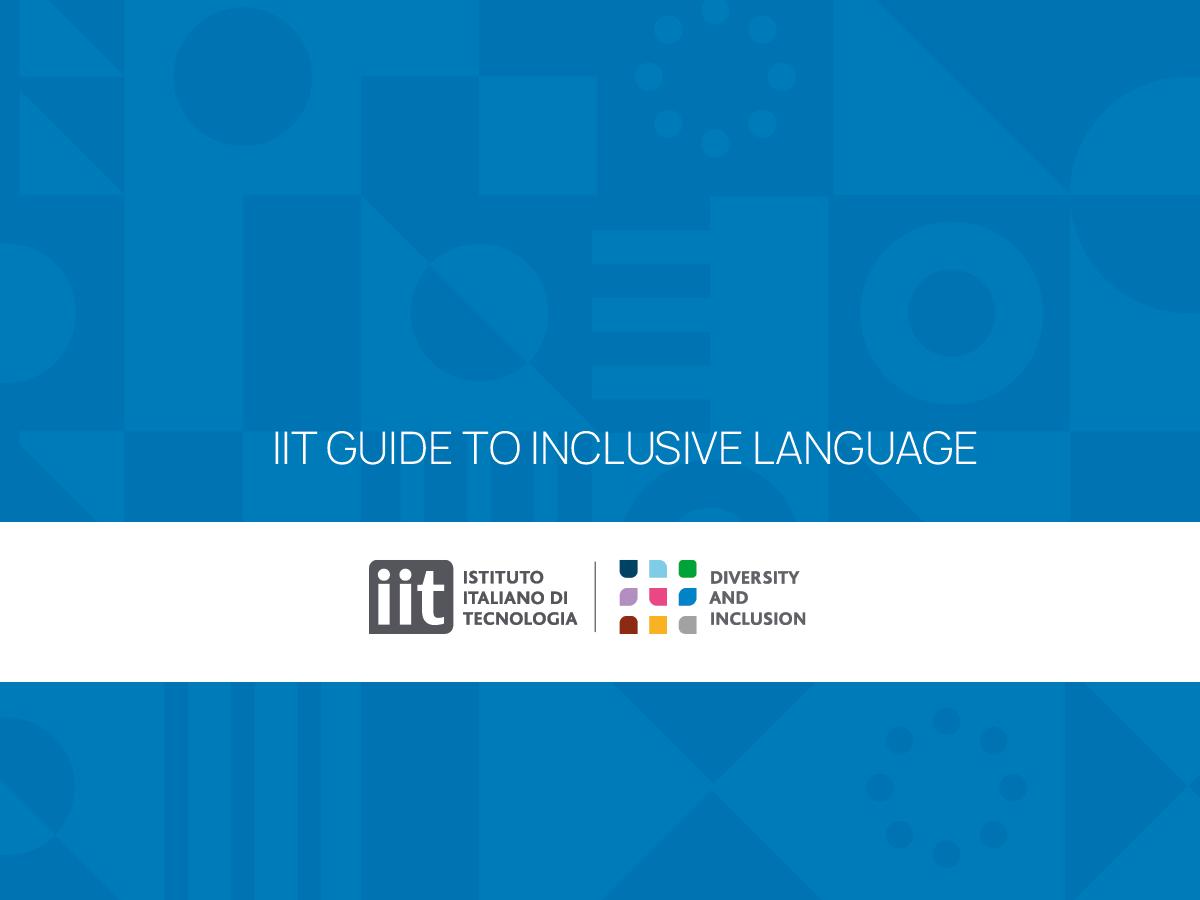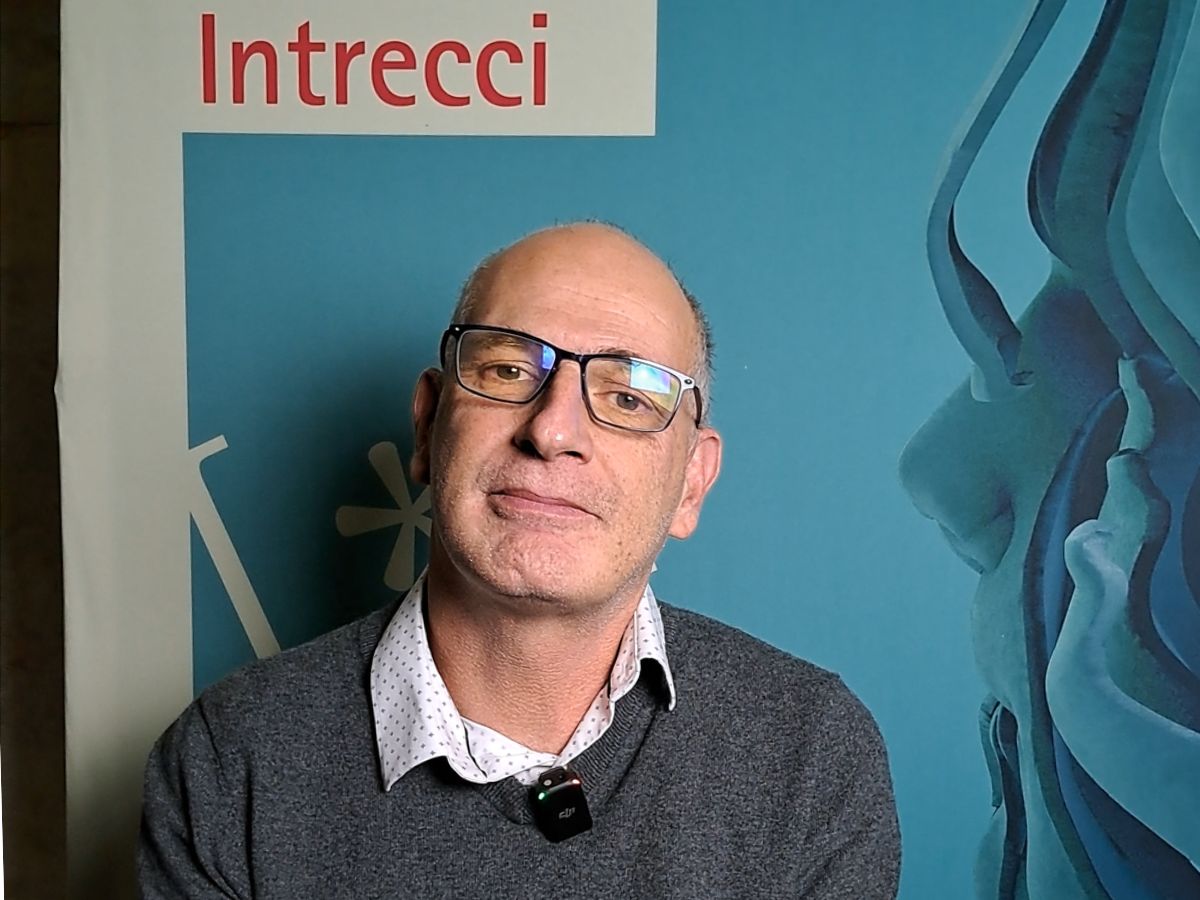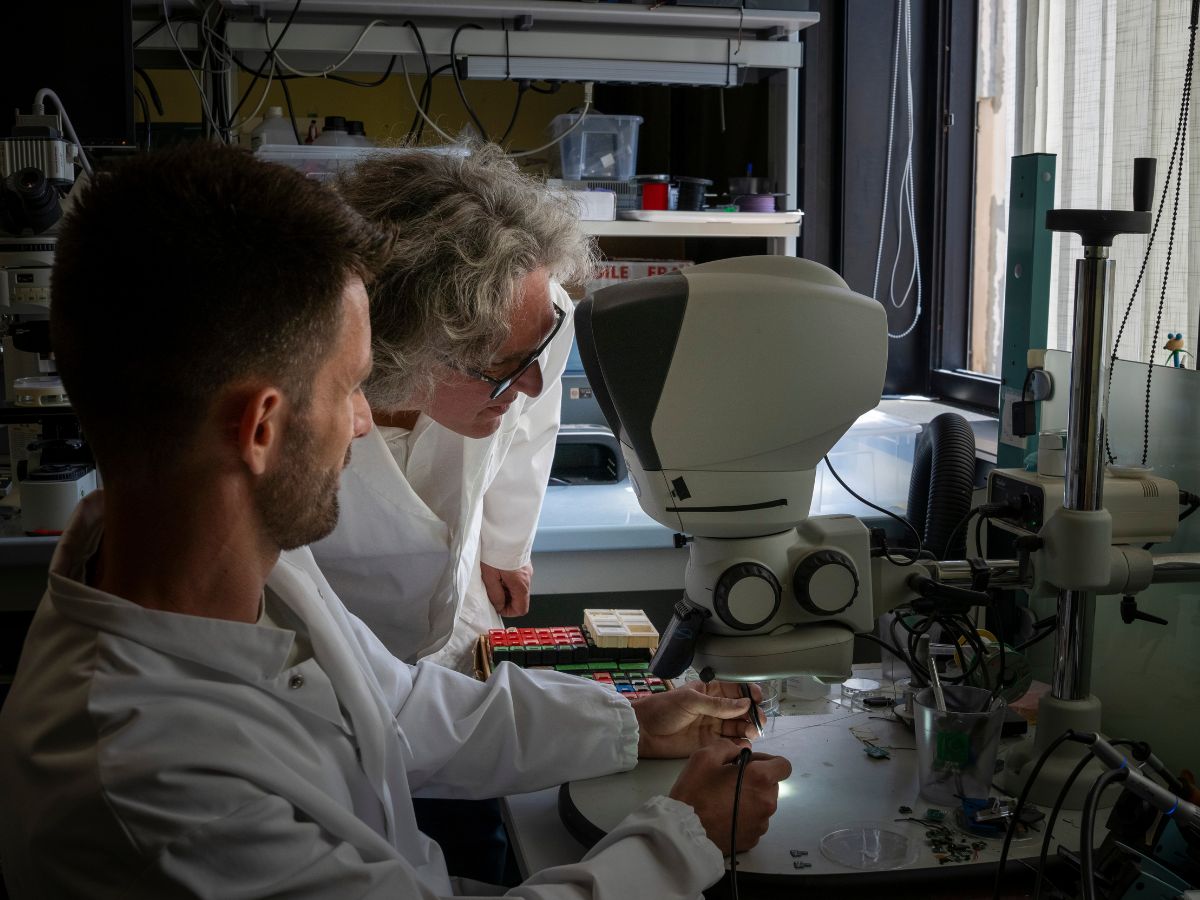The two grants will be used to develop research in the field of renewable energy and digital health towards commercialisation
Ilka Kriegel and Arash Ajoudani from IIT-Italian Institute of Technology are among the 66 European researchers, 7 of whom are in Italy, awarded today with Proof of Concept (PoC) funding from the European Research Council (ERC), amounting to 150,000 euros, to bridge the gap between the results of their pioneering research and the early stages of commercialisation. Renewable energy and digital health are the two focus projects of IIT’s Principal Investigators, both of whom are foreign-born but have been an integral part of the Institute’s scientific staff for many years. Kriegel will devote himself to the study of micro-devices for storing and converting solar energy, while Ajoudani will focus on the development of a new vision and artificial intelligence system for monitoring the movement of the human body in three dimensions.
The ERC announcement sees a list of 66 recipients in 14 EU countries. Seven projects will be funded in Italy, including two at the IIT in Genoa. The Proof of Concept grant scheme is only open to researchers who are currently or have previously been funded by the ERC. The grant will, in fact, be used to develop the results of research projects obtained through other ERC grants, such as Starting, Consolidator, Advanced or Synergy.
Ilka Kriegel, a German national, received an ERC Starting Grant in 2019 and is currently coordinator of the Functional Nanosystems laboratory at the IIT in Genoa. This is the second PoC grant the researcher has been awarded, and with this latest project, entitled Store-Light, Kriegel is aiming to create a micro-device that combines solar energy storage and conversion. The starting point will be electrodes capable of storing solar energy, which will then evolve into smaller devices that are easy to deploy in the environment.
Arash Ajoudani, an Iranian national, himself won an ERC Starting Grant in 2019 and is currently head of the Human-Robot Interfaces and Physical Interaction (HRI²) laboratory at the IIT in Genoa. The new project, titled Real-Move, stems from studies on the ergonomics of human-robot interactions in industrial work contexts, to avoid the onset of physical health problems due to intense strain and repetitive movements imposed on workers in production lines. With Real-Move, Ajoudani wants to create a system that can monitor the movement of the human body in 3D and in real time, using advanced vision and artificial intelligence systems that are agile to implement in workstations. This new technology, which will be able to monitor several people simultaneously without losing accuracy, will be an important tool for digital health.





